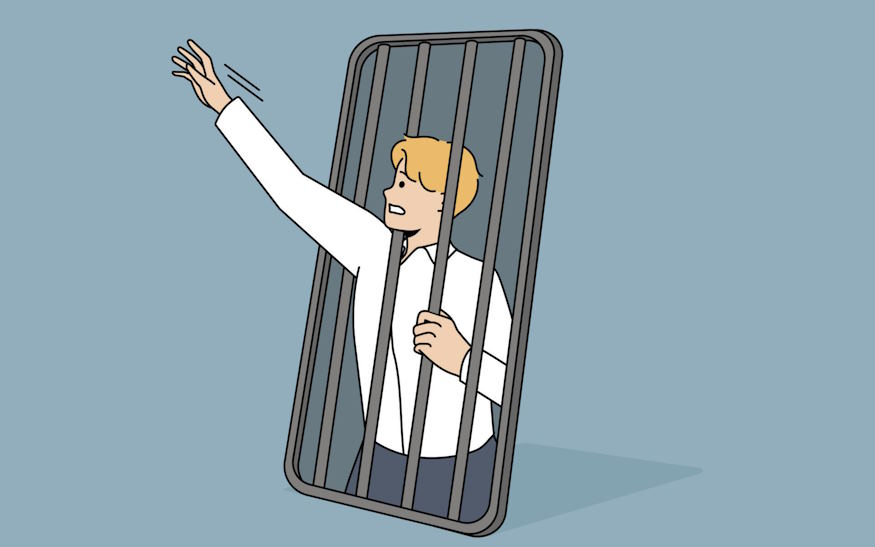
In today’s digital age, technology plays an increasingly significant role in our daily lives. From smartphones and social media to artificial intelligence and the Internet of Things, technological advancements have revolutionized the way we live, work, and interact with the world. However, this progress raises crucial questions about the balance between technological advancement and personal liberty. This article explores the impact of technology on individual freedom and how it can both expand and constrict choice.
Technology can both expand and constrict choice
- Access to Information
Technology provides unprecedented access to information, empowering individuals to make more informed decisions. The internet offers vast resources for learning, from online courses to real-time news updates. This democratization of knowledge allows people from all walks of life to educate themselves, gain new skills, and stay informed about global events.
- Connectivity and Communication
Social media and messaging apps enable instant communication with anyone around the globe, fostering relationships and collaboration. This global connectivity has transformed personal relationships and business interactions, making it easier to maintain connections and build networks.
- Convenience and Efficiency
Technological tools streamline daily tasks, enhancing convenience and efficiency in personal and professional spheres. Automation and smart technologies simplify routines, allowing people to focus on more meaningful activities.

Constricting Choices
- Surveillance and Privacy Concerns
The pervasive nature of technology raises significant privacy issues, with surveillance capabilities potentially limiting personal freedom. The collection and use of personal data by governments and corporations can lead to invasive monitoring and a loss of privacy.
- Digital Divide
Despite the widespread availability of technology, there remains a significant digital divide, where access to technological resources is unequal. This divide exacerbates social and economic inequalities, limiting opportunities for those without access to modern technologies.
- Algorithmic Control
Algorithms used by social media platforms and search engines can influence and manipulate user choices, often without their awareness. These algorithms shape the content people see, creating echo chambers that reinforce existing beliefs and limit exposure to diverse perspectives.
Balancing Technological Advancement with Personal Liberty
- Regulatory Measures
To safeguard personal liberties, implementing robust data protection laws is essential. These regulations should ensure that individuals have control over their personal information and that their data is not misused.
Key Actions:
Enacting comprehensive data protection regulations like the General Data Protection Regulation (GDPR) in the European Union.
Ensuring transparency in algorithmic decision-making processes to prevent bias and manipulation.

- Promoting Digital Literacy
Educating the public about the responsible use of technology and the importance of digital privacy is crucial. Digital literacy programs can empower individuals to make informed decisions about their online activities and protect their privacy.
Key Actions:
Implementing digital literacy curricula in schools to teach students about online safety and privacy.
Offering community workshops and resources to help adults understand digital tools and their implications.
- Enhancing Accessibility
Bridging the digital divide by investing in infrastructure and providing affordable access to technology is vital. Ensuring that everyone has the opportunity to benefit from technological advancements can help mitigate social and economic disparities.
Key Actions:
Investing in broadband infrastructure in underserved areas to provide reliable internet access.
Supporting initiatives that promote technology education and access in low-income communities.
The relationship between technology and freedom is complex and multifaceted. While technological advancements have the potential to expand individual choices and enhance personal liberty, they also pose significant challenges that can constrain freedom.
